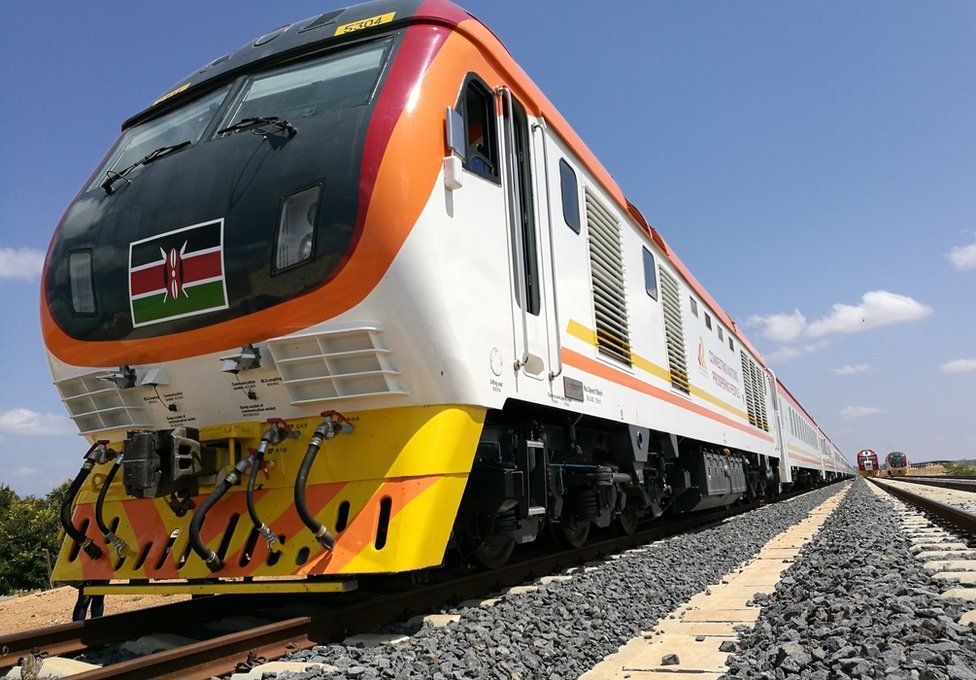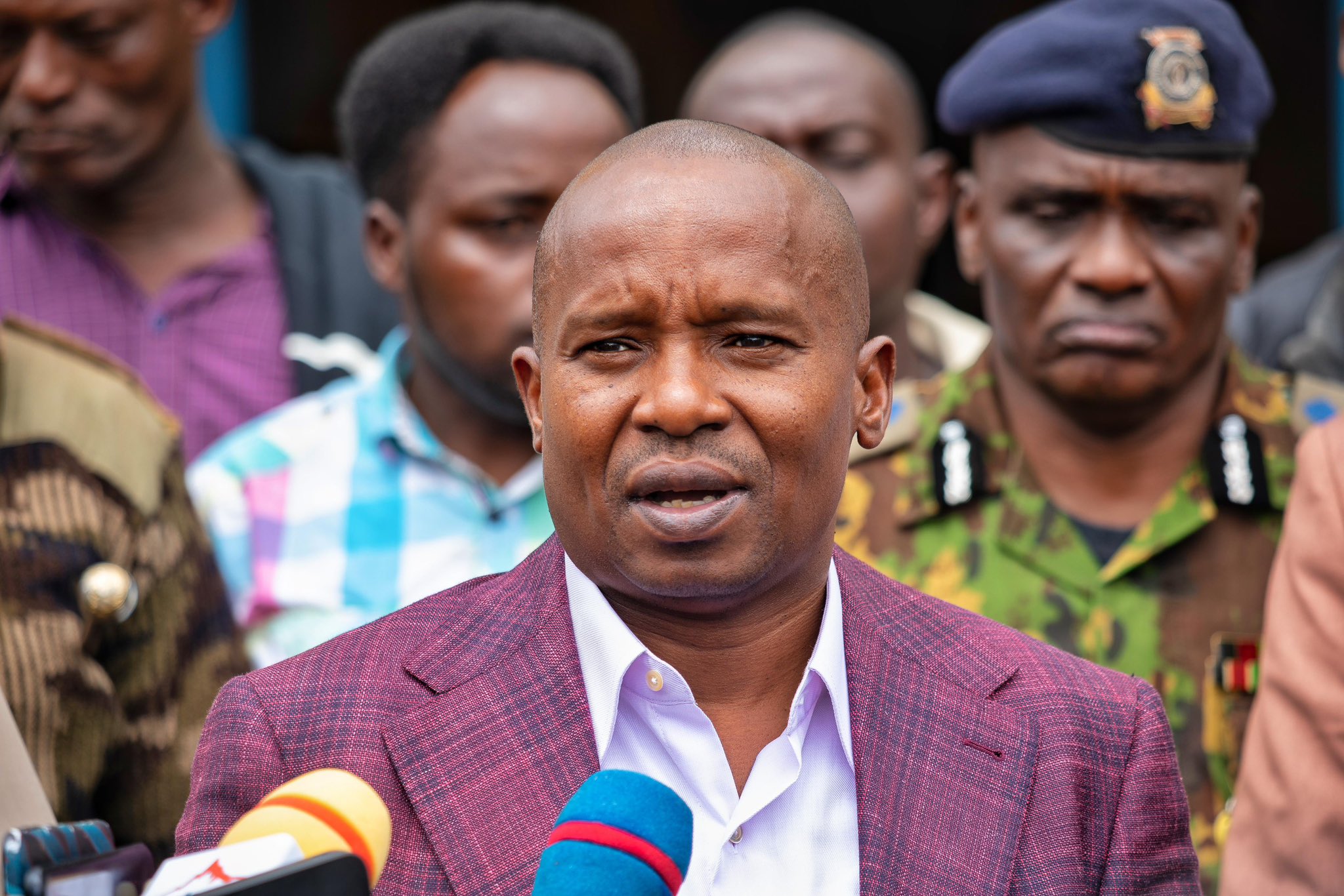Prime Cabinet Secretary Musalia Mudavadi is one of the leaders that suffered the consequences of the attempted 1982 coup in the country.
Following the attempted coup, the University of Nairobi (UoN) was closed indefinitely, after which the late former President Daniel Moi started descending on suspected coup perpetrators using the dreaded Special Branch police unit.
Debunk Media reports that following UoN's closure, all students were directed to go back home and were required to report to their local chief once a week.
While at his home in Mululu, Vihiga County, Mudavadi was picked up by the Special Branch, interestingly, his father Mudamba Mudavadi was serving as a minister back then.
He was taken to various police stations across the Western and Rift Valley regions, before finally being transported to Nairobi where he was detained and interrogated by officers from the General Service Unit (GSU.)
Read More
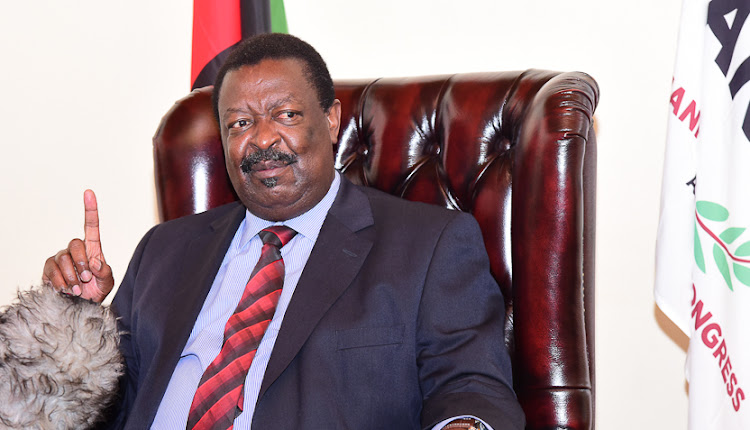
File image of Prime CS Musalia Mudavadi. [Photo: Courtesy]
“I was picked up from Mululu then taken to the cells in Kakamega, then subsequently the cells in Webuye, then Nakuru Railway Police Station and finally I was brought to Nairobi where I was taken to the General Service Unit headquarters, where I stayed for some weeks facing interrogation to see whether I was part of the coup plotters or not," Mudavadi told Debunk Media.
He was detained alongside other students who were also suspected of playing a role in the coup. The other detainees included; Senior Counsel Philip Murgor, The Orange Democratic Movement (ODM) party Executive Director Oduor Ongwen, Kisii Senator Richard Onyonka and former Gatanga legislator David Murathe among others.
After interrogation, Mudavadi was released and later joined the university the following year and graduated in 1984.
His first job after graduating was with the National Housing Corporation, but he later moved to the private sector, where he served until 1989 when he joined politics, following his dad's demise.
He has been in the political scene since thence, with some of his high profile appointment being vice president in 2002, deputy prime minister in the grand coalition government and prime cabinet secretary in President William Ruto's Kenya Kwanza government.
-1702720543.jpg)

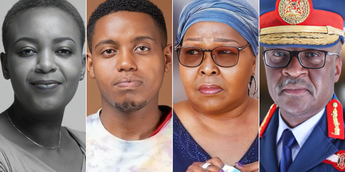
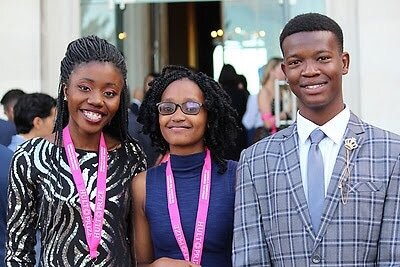
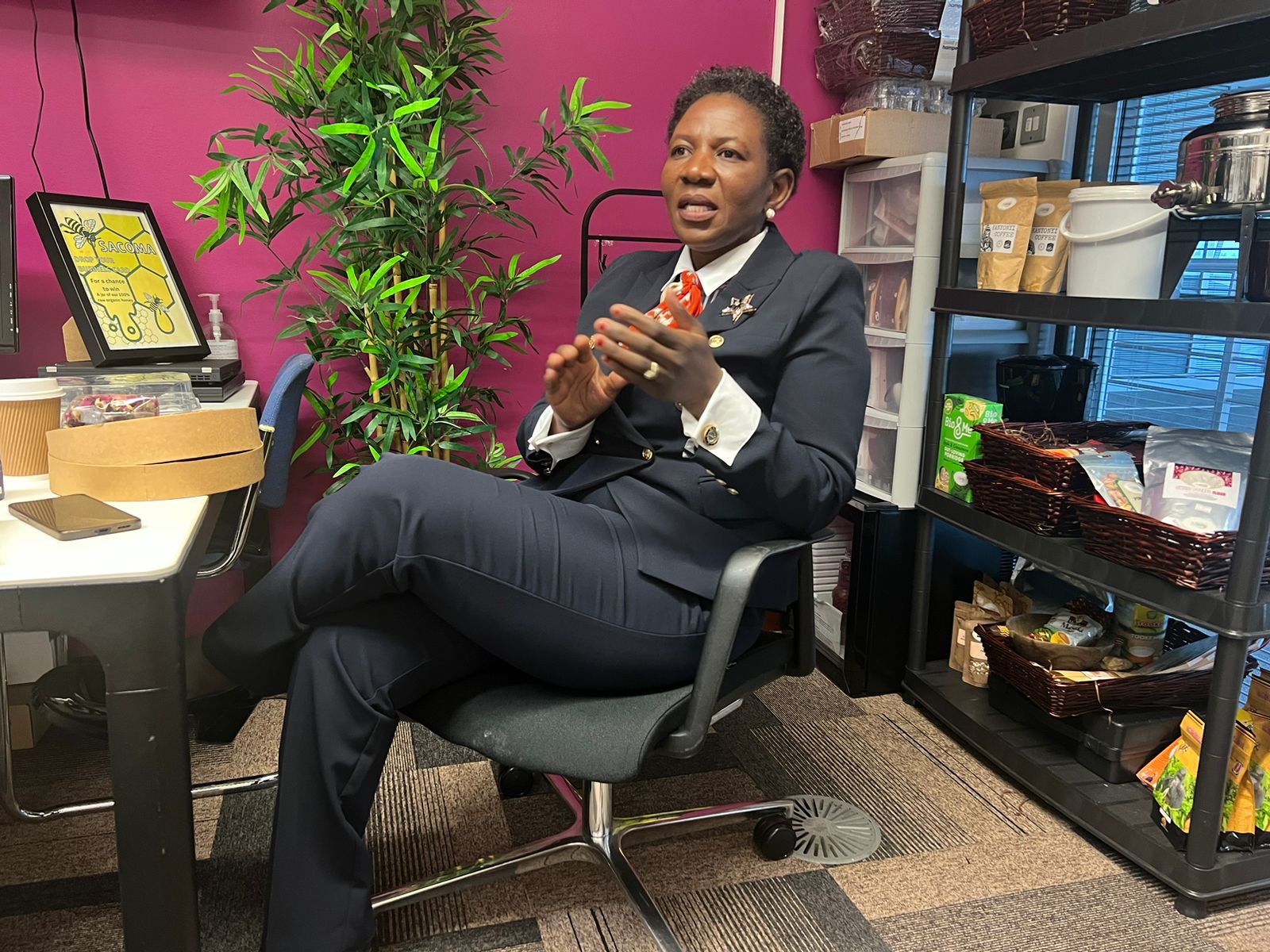
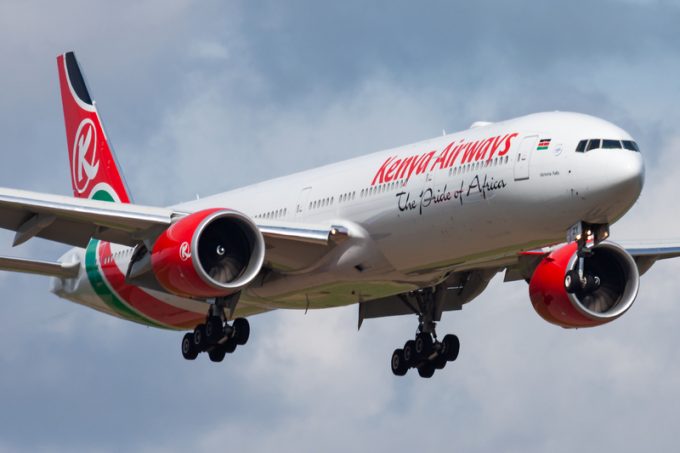
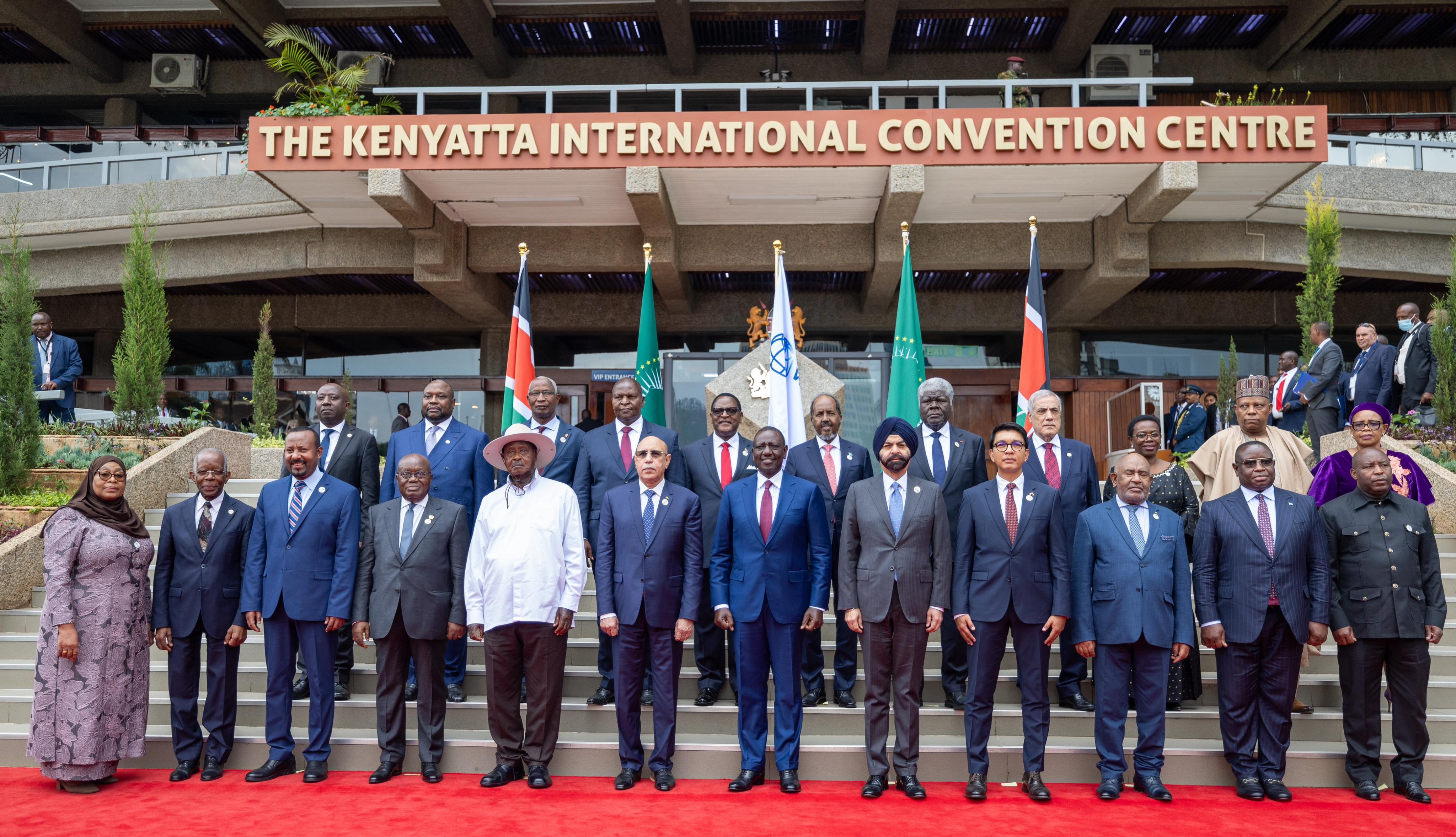
-1714391183.jpg)
